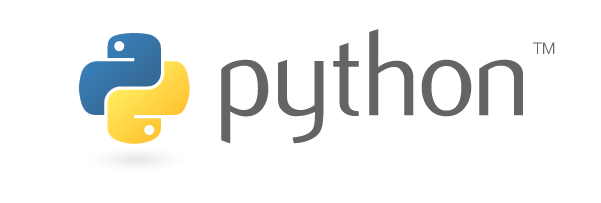The availability of widely adopted (de-facto standard) information models is key for creating a global digital single market of interoperable and replicable (portable) smart solutions in multiple domains (smart cities, smart agrifood, smart utilities, smart industry, …).
More
Such models provide an essential element in the common technical ground needed for standards-based open innovation and procurement.
Data Models play a crucial role because they define the harmonized representation formats and semantics that will be used by applications both to consume and publish data.
The FIWARE Foundation, TM Forum, IUDX, and other entities to join, are leading a joint collaboration program to support the adoption of a reference architecture and compatible standard data models that underpin a digital market of interoperable and replicable smart solutions in multiple sectors, starting with smart cities.
All data models are public and royalty-free nature of specifications, and include a data validator schema and examples.
This GitHub organization structure contains JSON Schemas and documentation on Smart Data Models for different Smart Domains. For each Domain (industrial sector) there is a repository containing as submodules the link to the Subjects having all the data models related. And some other shared elements for all the domains.
For each Vertical(Subject) there is a repository containing the data models related to that vertical. These repositories do admit pull requests regarding data models.
General Principles
- Don’t just standardize, be agile and standardize
- Do not reinvent the wheel
- Normalize real cases
- Be open
- Don’t be overly specific
- Flat not Deep
- Sustainability is key
If you want to read the agile standardization manifesto’s complete explanation a one-page document is located at the root of our data models repository.
As a consequence, the initiative is:
-
- Driven-by-implementation approach: Specifications will be considered stable as soon as enough end-user organizations.
- No backward incompatibility. Backward incompatible changes are, initially, not allowed. Instead, new versions add new attributes, extend enumerations, or eventually, new data models would be created/extended, etc.
- Open contribution. Contributions are open to anybody with an actual use case, as long as it is accepted to release it with an open license and the use case is enough general for other users. The final decision about its acceptance corresponds to the administrators of the domains and Subjects. Data models have to comply with the coding guidelines.





